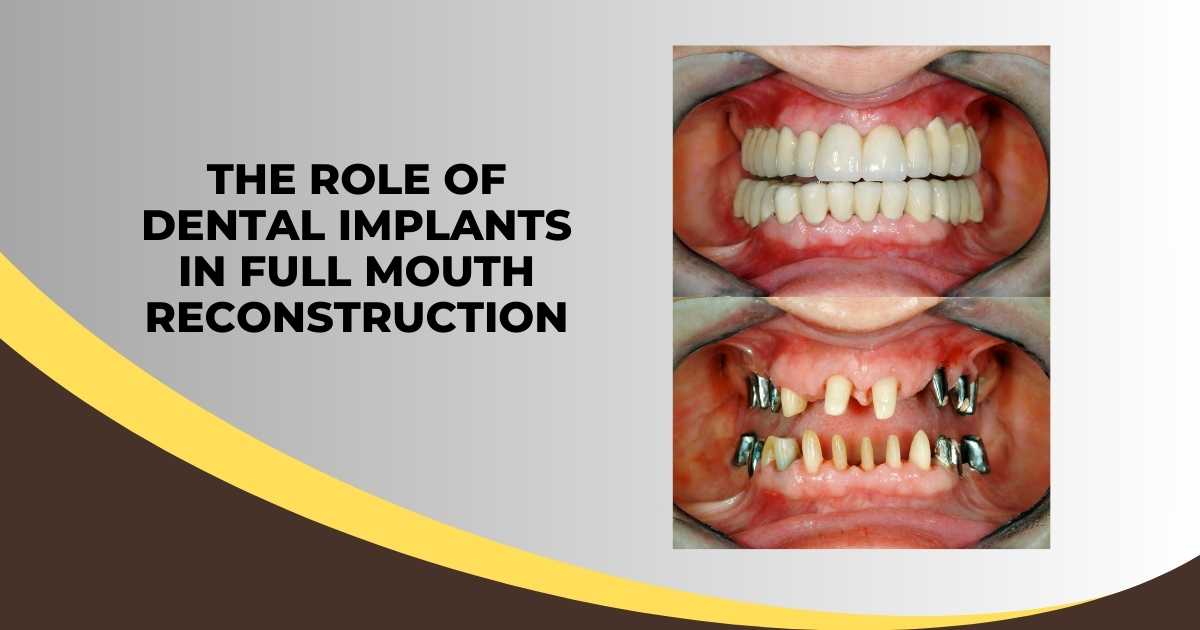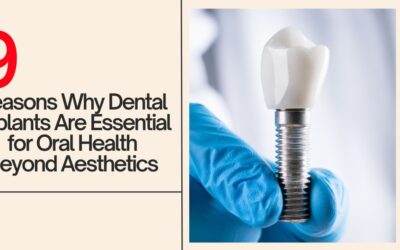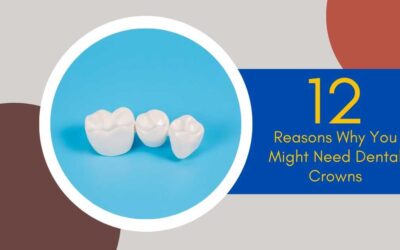When it comes to restoring the function and appearance of a smile, dental implants are critical in full mouth reconstruction. This complete dental operation replaces missing or damaged teeth in order to improve oral health and general quality of life. Let’s look at how dental implants help with full mouth rebuilding.
Understanding Full Mouth Reconstruction
Full mouth reconstruction is a customized treatment plan meant to address several dental disorders, such as missing teeth, damaged teeth, gum disease, and bite alignment difficulties. It seeks to restore oral health, function, and aesthetics using a combination of restorative and cosmetic procedures.
The Significance of Dental Implants
Dental implants are artificial tooth roots that are surgically implanted into the jawbone to support replacement teeth, such as crowns, bridges, or dentures. Here’s why they’re so important in complete mouth restoration.
- Stability and Durability: Implants give a solid basis for new teeth, assuring their durability and endurance.
- Bone Preservation: Implants, which integrate with the jawbone, help to preserve bone density and prevent bone loss, which is typical following tooth loss.
- Natural Appearance and Function: Implants are designed to look, feel, and operate like natural teeth, allowing for comfortable chewing and speech.
- Improved Oral Health: Unlike traditional bridges or dentures, implants do not rely on surrounding teeth for support, preserving their integrity and lowering the risk of decay or injury.
The Process of Full Mouth Reconstruction with Dental Implants
Full mouth reconstruction with dental implants involves several stages as given below:
- Comprehensive Evaluation: The dentist performs a thorough examination, which includes dental imaging and diagnostic testing, to determine the health of the teeth, gums, and jawbone.
- Treatment Planning: Based on the examination, a customised treatment plan is created, including the specific procedures required to attain the targeted goals.
- Implant Placement: Dental implants are surgically inserted into the jawbone during a minor dental procedure. The amount and position of implants varies according to the individual’s needs.
- Healing and Osseointegration: After implant implantation, the implants must heal for osseointegration, which occurs when they connect with the surrounding bone tissue.
- Restoration: Once the implants have fully integrated, prosthetic teeth, such as crowns, bridges, or dentures, are affixed to the implants, completing the restoration process.
Benefits of Full Mouth Reconstruction with Dental Implants
- Restored Oral Function: Dental implants enable comfortable chewing, speaking, and smiling, restoring complete oral function.
- Enhanced Aesthetics: Implant-supported restorations closely match natural teeth, resulting in a natural-looking smile.
- Improved Confidence: Full-mouth restoration using dental implants can increase self-esteem and confidence by restoring an attractive and functioning smile.
- Long-Term Solution: With proper care and maintenance, dental implants have been proved to last a lifetime, providing a permanent solution to tooth loss.
Dental implants are an important part of full mouth restoration because they provide a long-lasting, natural-looking replacement for lost teeth. This thorough dental surgery, with careful planning and meticulous execution, has the potential to alter smiles while also improving general oral health and wellbeing.




